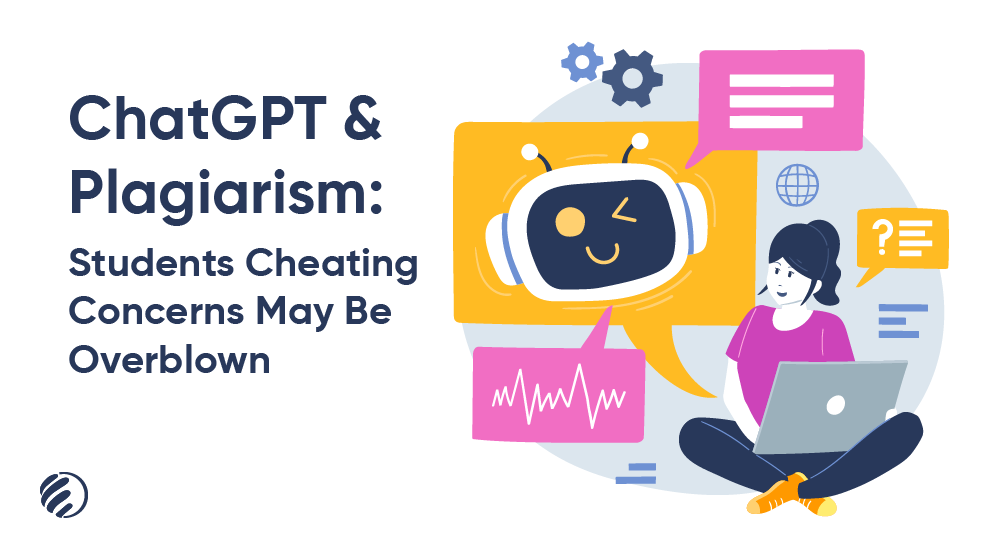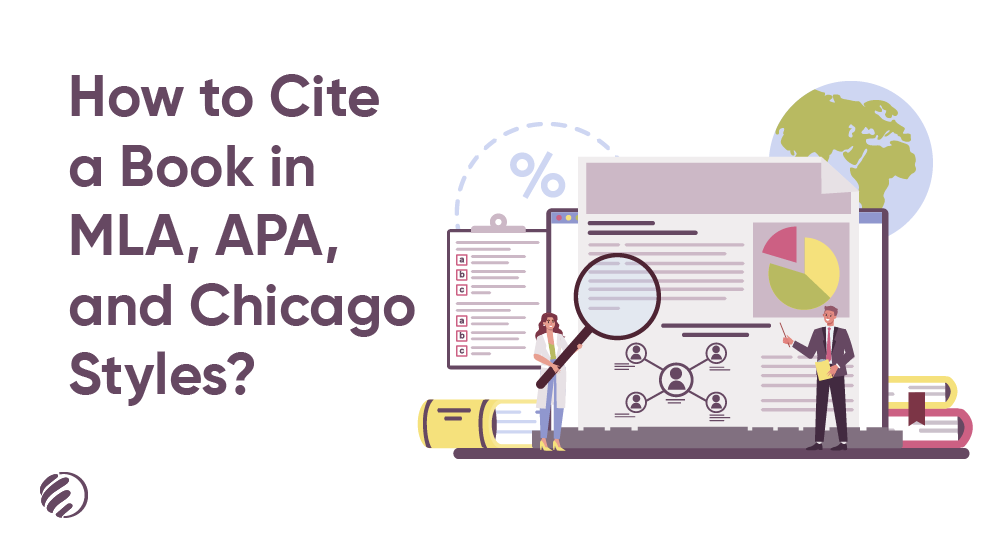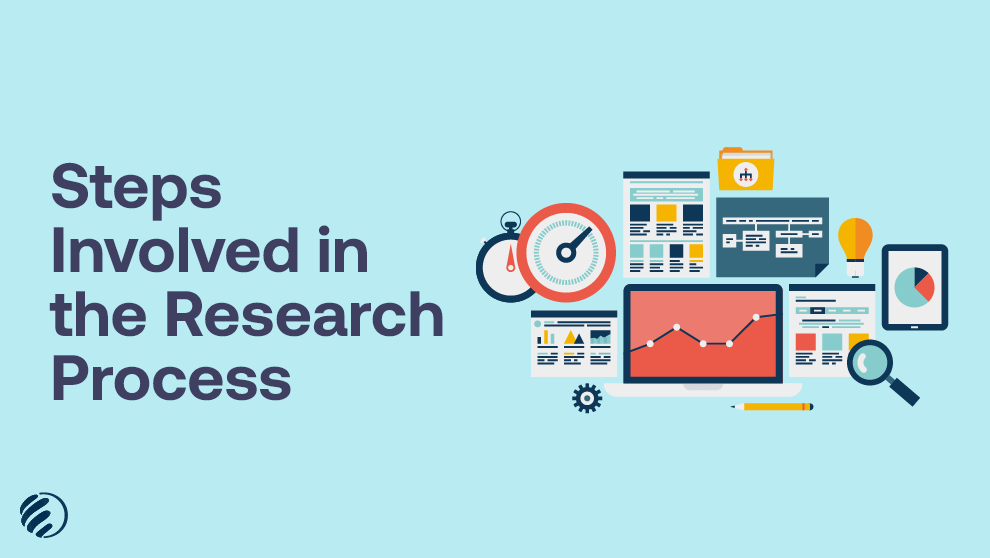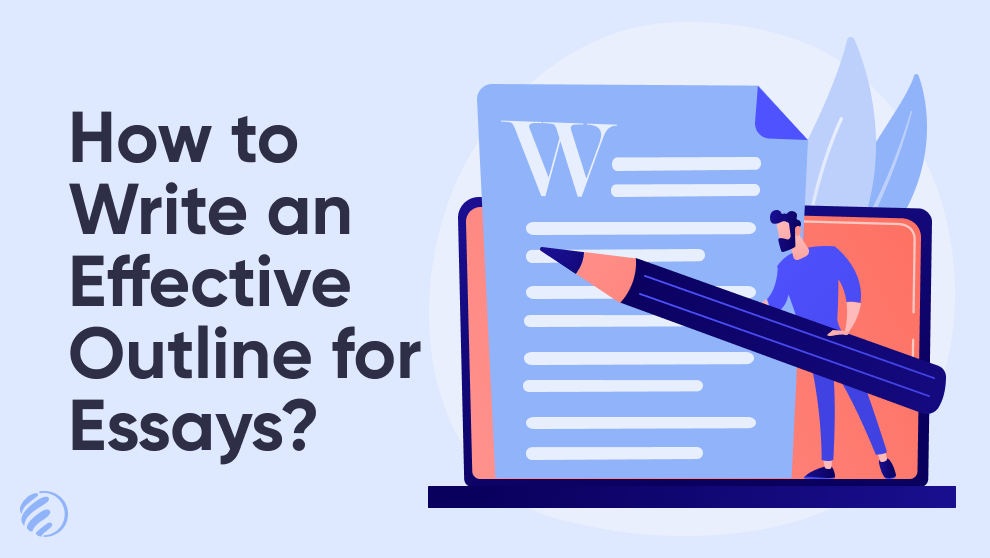The content industry has seen a complete transformation after the introduction of ChatGPT. That’s because when OpenAI introduced ChatGPT, several other businesses adopted its model and created generative AI solutions.
To some extent, most AI-powered content generators have successfully achieved their aims of making people more productive within their respective fields. However, the proliferation of AI tools has also sparked a debate about the authenticity and ethical implementation of AI-generated text. If this question also concerns you, we’re here to help you out.
In this blog, we’ll answer one of the most pressing questions: ‘whether AI-generated content is plagiarized or not.’ To accomplish our goal here, we’ll have to clarify our concepts about plagiarism before answering the elephant in the room. So, let’s get started without wasting any time.
Understanding the Concept of Plagiarism
The concept of plagiarism revolves around the unauthorized use or close imitation of someone else’s text and passing it as your own. This means that your work will be considered plagiarized regardless of whether you replicate content verbatim or only change a few words after utilizing chunks of text from an already-published source.
Due to the complicated nature of plagiarism’s concept, people often struggle to determine whether their work has been plagiarized or not. As a result, they accidentally have to face various consequences of plagiarism.
Does the Content Generated by AI Qualify as Plagiarism?
Technology in the artificial intelligence sector is rapidly evolving. Nowadays, there are generative AI tools available that can mimic the writing style of humans and completely bypass the naked eye content detection. But let’s find out whether the AI-generated text is plagiarized or not.
All the generative AI writing tools create content by paraphrasing the data they’ve been trained on. So, AI tools use original and unique wording for generating content. And since such tools do not possess consciousness or creative intent as humans, their generated content can’t technically be considered plagiarized.
However, when humans use AI-generated content as-it-is, their work may be regarded as plagiarism. That’s because the aforementioned concept of plagiarism clearly states that even if a piece of text indicates a close resemblance to existing material, it will be considered plagiarized.
Key Points to Consider When Dealing with AI-Generated Content
There is a thin line between the unique and plagiarized classification of AI-generated text. So, consider taking the following measures when dealing with such content:
- If you’re using an LLM-based AI chatbot, you can request it to list the sources of inspiration it uses to create content. This way, you can cite them and avoid the threat of plagiarism.
- Generative AI tools’ prevalence makes it challenging to distinguish AI-generated content. Therefore, instructors often label work as duplicated if it even remotely resembles AI-generated content. To overcome such problems, we recommend running your text into our AI content detector because it identifies AI-created material based on trained data patterns. So, by using it, you can prevent all the negative consequences associated with AI content.
- Despite technological advancements, glitches persist in the work of generative AI tools. So, there is always the likelihood of plagiarism associated with such tools. In such situations, we recommend checking the plagiarism of content. The tool analyzes text against large databases of online content, journals, magazines, and research papers to ensure originality.
Final Verdict — Conclusion
To sum up, generative AI tools lack human-like creativity and consciousness. So, technically, their generated content can’t be considered plagiarized. Plus, such tools create text by utilizing creative and distinctive terminology while taking cues from the material they have been trained in. Therefore, the AI-generated material doesn’t typically include plagiarism. However, when humans employ AI-generated information as-it-is, they may unknowingly violate academic integrity. So, if you’re getting assistance from a AI tool, you must incorporate the human factor into your text. Additionally, it is essential to run your content through an AI detector and plagiarism checker. This way, you can completely avoid all the dangers associated with the unethical use of AI content.
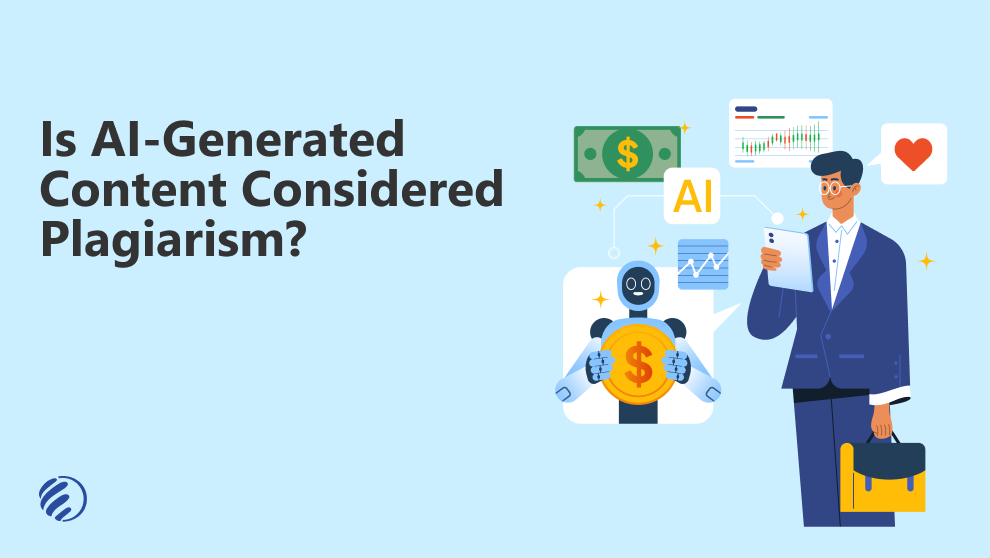
 1800 Views
1800 Views 6 Mins To Read
6 Mins To Read Category: Plagiarism
Category: Plagiarism April 23, 2024
April 23, 2024